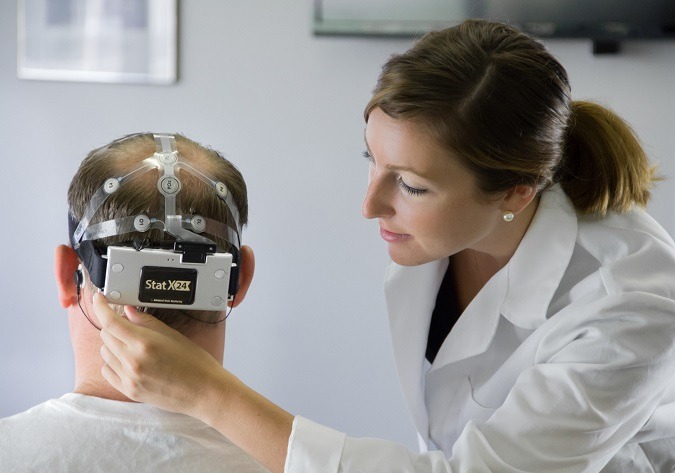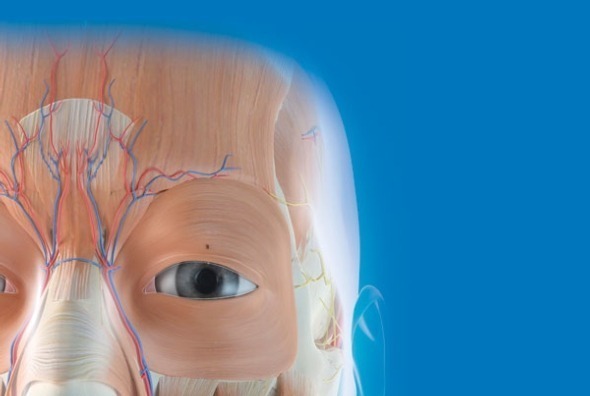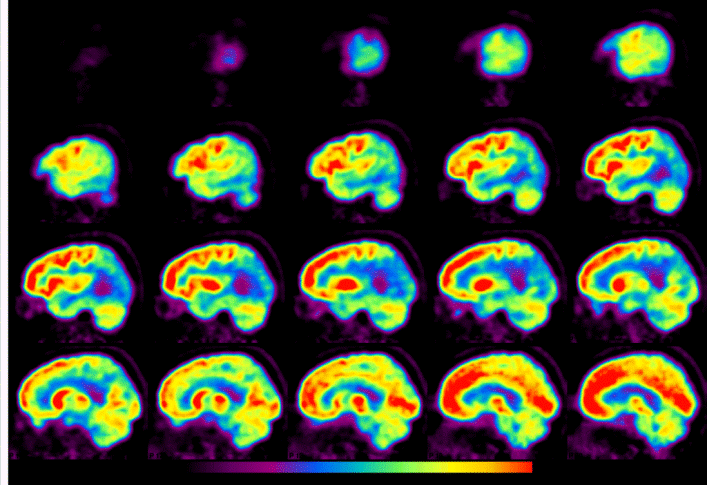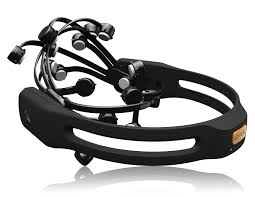Posts Tagged ‘neurodegenerative’
Study debunks 4 common myths about brain training and lifelong cognitive enhancement
— If the media is your main source of information about brain training and cognitive enhancement, you will probably believe the following: 1) All brain training is the same… 2) …and it simply doesn’t work. 3) Commercial brain training programs, especially, don’t work. 4) How could they work? Genetics is destiny, aging is a predetermined process…so by age 60…
Read MoreNews: Advanced Brain Monitoring receives Global Health and Pharma Award for clinical-grade platforms monitoring brain’s electrical activity
— Advanced Brain Monitoring Named “Most Innovative Medical Device Company” at Global Health and Pharma Awards (Sleep Review): “Advanced Brain Monitoring Inc was named the “Most Innovative Medical Device Company” by Global Health and Pharma at its 2016 Healthcare and Pharmaceutical awards. “This award recognizes our company’s successes in developing technologies which enable clinicians and…
Read MoreDr. Michael Merzenich: To harness Neuroplasticity for cognitive enhancement, we need to think “Fitness” more than “Games”
(Editor’s Note: In order to help readers familiarize themselves with the work and thinking of Dr. Michael Merzenich, one of the winners of the 2016 Kavli Prize in Neuroscience for groundbreaking work on neuroplasticity, we are condensing and republishing the comprehensive conversation that Dr. Merzenich and Alvaro Fernandez had in 2009, in preparation for the inaugural…
Read MoreNext: Smell tests to help detect brain injury and neurodegenerative ailments
Smell Tests Could One Day Reveal Head Trauma and Neurodegenerative Disease (Scientific American): “Name that smell—if you can’t, it could be an indicator of a problem somewhere in your brain. New research suggests that scratch-and-sniff smell tests could become
Read MoreStudy: Brain imaging not accurate or sensitive enough (yet) to detect Alzheimer’s disease in primary care settings
Accuracy of dementia brain imaging must improve (University of East Anglia release): “A report published today in The Lancet Neurology evaluates for the first time how well different types of brain imaging tests work to detect Alzheimer’s and predict how the disease will progress. The results show that the accuracy of brain imaging must be…
Read MorePhilips and Accenture develop ALS care proof of concept on top of Emotiv brain wave headset
Philips, Accenture test brain-controlled system for ALS patients (Reuters): “The Netherlands’ Royal Philips and IT consultancy Accenture are developing software to help people with neurodegenerative diseases like amyotrophic lateral sclerosis, commonly known as Lou Gehrig’s disease, live more independently.
Read More





